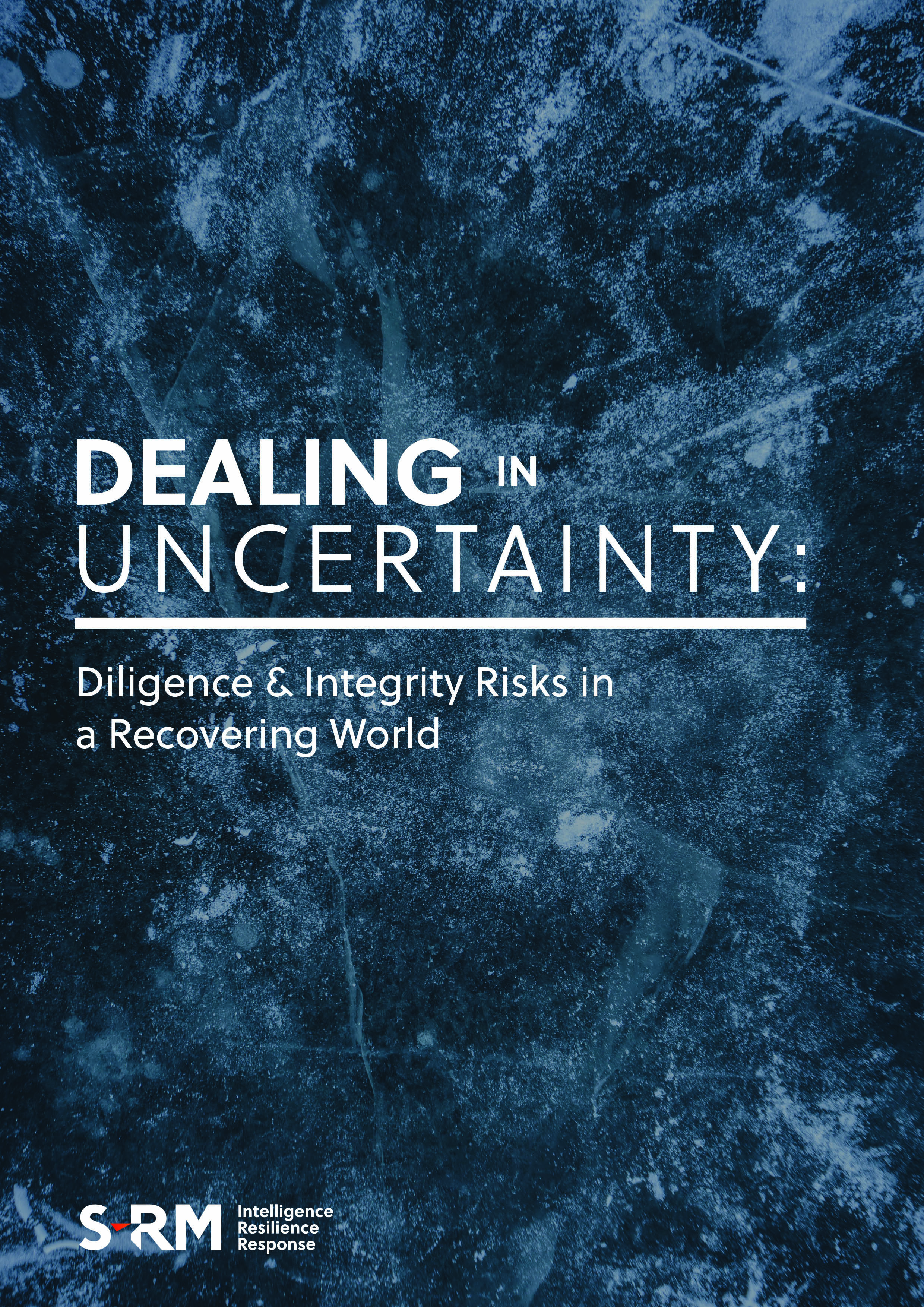PHIL SANDERSON
 Phil was a private equity lawyer for over 25 years, heading the PE team at Travers Smith before moving to Ropes & Gray where he ended up as Global Co-Chair of PE. He has been diligencing businesses to buy, preparing businesses for sale, talking to the industry about its challenges and opportunities for the whole of his career. He is now able to reflect on that experience from a different vantage point having retired from law and set up a new coaching business, Parley Coaching, with a particular focus on private equity and the development of human capital potential through coaching and the coaching style of leadership which he expects to be so important in the years post-lockdown.
Phil was a private equity lawyer for over 25 years, heading the PE team at Travers Smith before moving to Ropes & Gray where he ended up as Global Co-Chair of PE. He has been diligencing businesses to buy, preparing businesses for sale, talking to the industry about its challenges and opportunities for the whole of his career. He is now able to reflect on that experience from a different vantage point having retired from law and set up a new coaching business, Parley Coaching, with a particular focus on private equity and the development of human capital potential through coaching and the coaching style of leadership which he expects to be so important in the years post-lockdown.
In this interview, S-RM’s Head of Corporate Intelligence, Martin Devenish, asked Phil for his insights on the current diligencing environment, the shift toward stakeholder capitalism in the PE sector, and the future of vendor due diligence.
SPECIALIST INSIGHTS
Q: In your experience, during times of economic stress how does the focus of legal and reputational diligence change?
A: First, there is a natural but erroneous bias towards conservatism. Now is not the time to persuade yourself from action and commercial creativity. It is not the time to allow lawyers to have a hand on the tiller. You didn’t expect me to say that? Well I have always believed the lawyer’s role is to frame an issue, to reassure a client, to be very careful about intervening on the client’s thesis – actually very much like coaching.
Secondly, do though ensure that the key legal relationships are understood. Don’t necessarily waste time on the legal agreements themselves but do make sure you have understood the business’s legal resilience – for example by the breadth of its supplier base, the reliance or otherwise on a model or way of doing things which may not last – assume that a lot will not last in the post-lockdown world – is that a threat or an opportunity?
All of the above said – reputation is going to be more and more critical and rightly so. Gone are the days when private capital can hide behind the “private”. You must be able to tell your story confidently.
Q: To follow up on your last point, it is suggested that the shift toward stakeholder capitalism we have already witnessed will gather pace. Do you agree and, if yes, how do you think this will be reflected in the PE world?
A: Of course. As one PE GC said to me – "Do you think we can spend pension fund money without a care in the world for these broader issues?” Capitalism has had a great run since 2008 in terms of growth for many in our industry. But it has also been tough on a more macro level and COVID-19 has emphasised the issues the purest form of capitalism can encounter. I have been pleasantly shocked by the senior level of engagement to this issue. More people care, genuinely care, about the climate and about the morality and sustainability of supply chains involving child labour or corruption. Yes – it goes back to the relationship with the LPs. But it also increasingly goes to a sense within the industry that there is more at stake than just the bottom line. But perhaps more important – many now believe that the sustainable and proud will be the most successful of the future, where people want to work, where the best ideas are generated. I think you would be brave to bet against this trend. It has impact on our diligencing of businesses. The “softer” issues will become more important than the pure legal won’t they? Perhaps they already are.
Q: The lockdowns have forced a shift in some aspects of the deal-making process from analogue to digital. How much of this is a permanent trend? And how serious are the risks it raises for investors who rely on Zoom calls to vet management teams, and drones to replace site visits?
A: I think there will be fantastic practices evolving from the use of Zoom calls and the like in due diligence. Once we had to rely on often poor written answers to questions. Then we got a presentation of issues in a sell side biased way (vendor due diligence) and perhaps the opportunity to ask questions of a CEO and CFO at a physical meeting. The future will see more streamlining of the presentation process for management through videocon tech and then access to more valuable Q&A.
On the risk side there will be greater opportunity to have more granular meetings with those within the target with more exposure to the application of the rules, and to look into their eyes as the questions are asked. There will be no excuse for refusing to link in anybody, whoever, wherever. The key one-on-one management meetings will still happen, no question.
Q: So do you foresee some of the measures implemented to deal with the near term reality becoming the norm? Do you think the vendors will be as keen to provide the broader access such technologies afford than before?
A: I don’t know – this is largely a question of market power and the last 20 years have seen the power in the hands of vendors, at least in terms of the way businesses are sold. But if change is logical and helps a process (there was a time when even management access was completely restricted, for example, when all data rooms were exactly that, a physical room of unordered files) then adoption becomes possible.
A vendor and the advisers need to be able to answer the question – is this going to help me sell this business at the best price? – with a yes. I predict technologies will be used and create a better landscape for diligence because this will help businesses to be sold at the best price.

Q: Do you think how target companies have “behaved” during the COVID-19 crisis will impact how private equity assess the risk? Does the “court of public opinion matter” much to the industry in your view?
A: We all have friends who have breached lockdown rules and they have already been forgiven, right? So it depends upon misbehaviour. If you can’t justify it, and it is an illustration of a greater cultural issue in the business, then value will be lost and that is the “court of public opinion” that does matter.
Q: Some PE firms have been criticised for their portfolio companies signing up to taxpayer-funded schemes, while at the same time benefitting from tax efficient structures. Do you think this will have any impact on deal structuring?
A: I think this is nonsense. The rules allow it and PE as an industry is a huge employer in the UK and the partnership with the industry in these unprecedented times will be vital. It is misunderstood by people who throw stones and take no responsibility for growing businesses and protecting people’s livelihood.
Q: Over your career of advising many of the largest private equity firms you will have seen a number of trends come and go. As you sit here today, are there some early stage trends you have observed that you expect to gain greater traction in the industry as a whole?
A: I would say this wouldn’t I, but I passionately believe that the lockdown and a greater understanding of what we are missing in terms of maximising the human capital resources already paid for, will lead to more enlightened practices. A coaching culture rather than a command and control culture will become a better model for many businesses as they adapt and create in the new world. This will be another part of Environmental, Social, and Governance (ESG) practices. And will become something that the smartest create into a selling point to the investor community. I also think that legal vendor due diligence (VDD) has begun to see its day. Connected to this, at least for a period, I would expect better information to flow in auctions at an earlier point.
Q: When you talk of a command and control culture are you referring to the investee or investor company, or both? That is the second time you have mentioned VDD in a less than flattering light. Do you think it has a role going forward?
On command and control I mean between the PE house and the investee company, although the point applies at all levels. Again – stop and ask what will get the most value out of a business? If businesses need new ideas to build in changing times, if genuine creativity is required, command and control won’t wash.
On VDD, this is helpful when it brings order. It is easier to sell a business when the key points have been considered in good time rather than just in time. So I believe in VDD. But it has got to be better. Legal VDD is often not worth the paper it is written on. This is disappointing. Lawyers should be in a position to make businesses sell better by thoughtful analysis. They don’t though, not enough of the time anyway. It is an absolute waste of time to get all bidders in an auction to do all the legal DD themselves, but this is the inevitable consequence of the legal VDD reports that I increasingly reviewed.
Q: If you could give a client one key tip about diligencing risk, what would it be?
A: Get into the weeds of an organisation – that means talking to people who know what is really happening.



 Email Martin
Email Martin




 @SRMInform
@SRMInform
 S-RM
S-RM
 hello@s-rminform.com
hello@s-rminform.com

